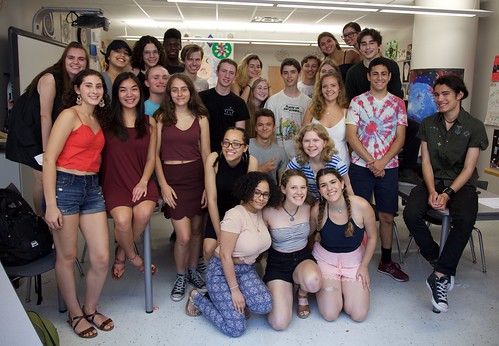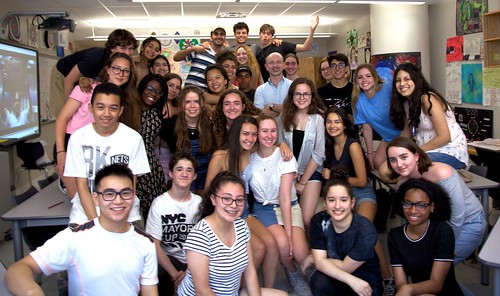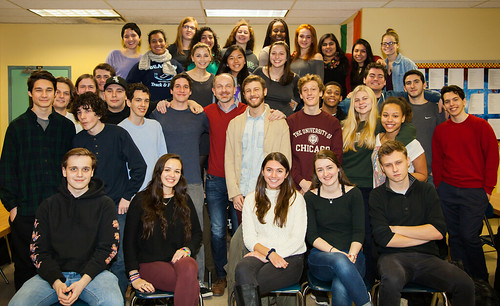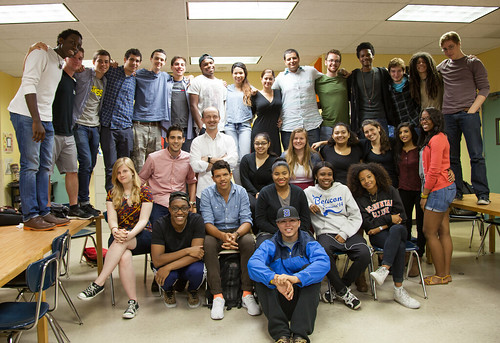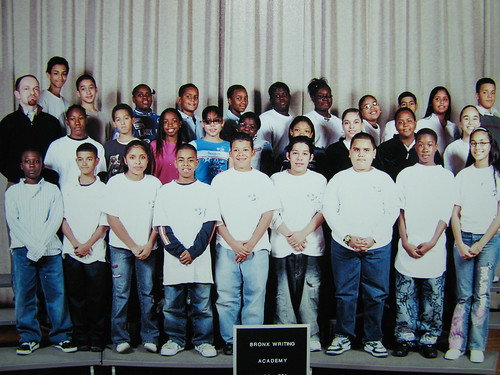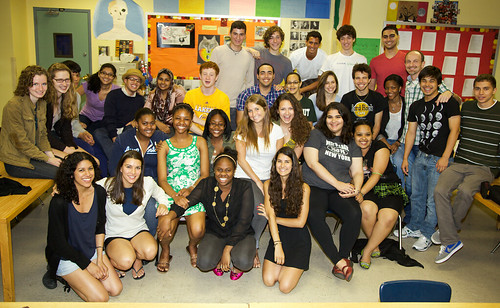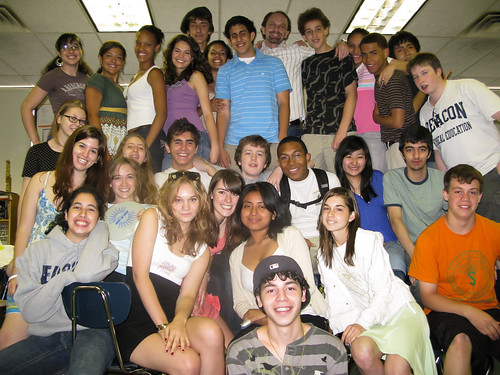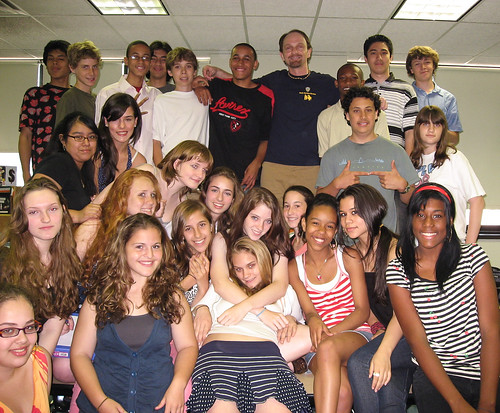The Significance of Love and Wealth on Human Fulfillment
In their early teenage lives, both Hermann Hesse and Paulo Coelho struggled to cope with their parent’s conflicting outlook on their lives and ultimately, their purpose. For separate reasons, Hesse and Coelho spent time in institutions designed to “reinvent” the individual. The authors endured many months in this compulsory prison yet after release, proved their individuality and perseverance was more than a product of teen angst– they pursued their aspirations. Moreover, Hesse and Coelho’s persistence through a childhood polluted by parental control yet followed by complete success, demonstrates not only the genuine existence of destiny, but also the continuous opportunity to achieve happiness and greatness. Exemplified by the stories of their lives, Hesse and Coelho channel this idea in their works Siddhartha and The Alchemist. Using the wisdom the protagonists obtained from personal journeys, both Hesse and Coelho convey the importance of sacrificing love and common human pleasures to become entirely fulfilled. However, only Coelho advocates an ultimate return to such pleasures suggesting that love and possessions are essential in a truly authentic life. [Read more…]


